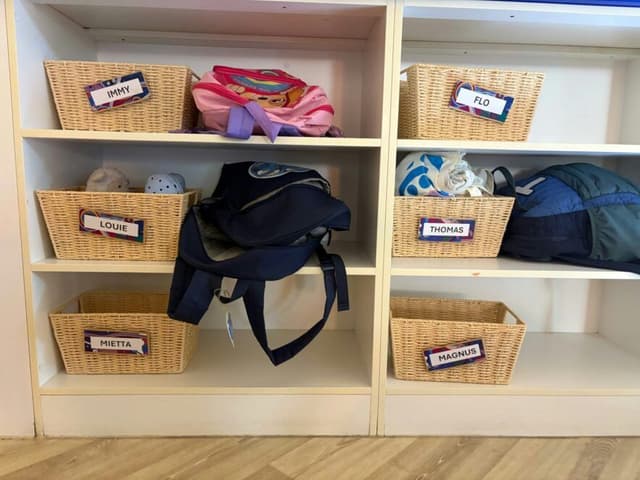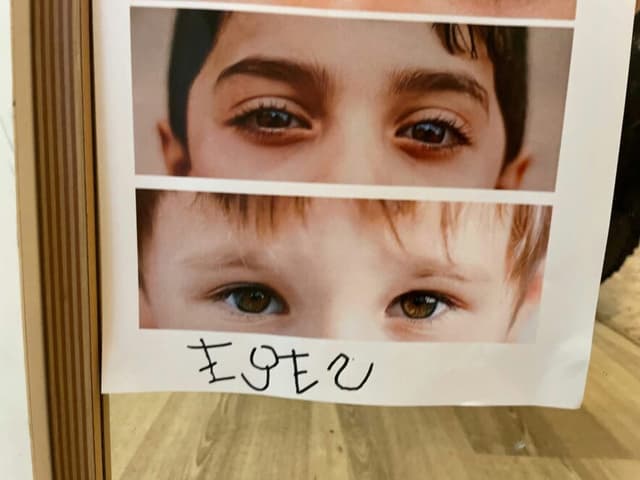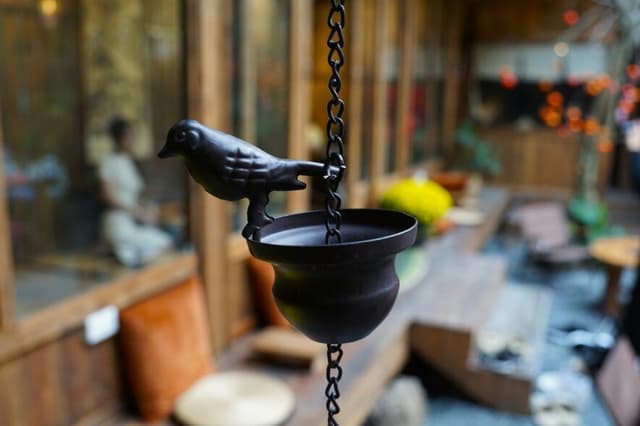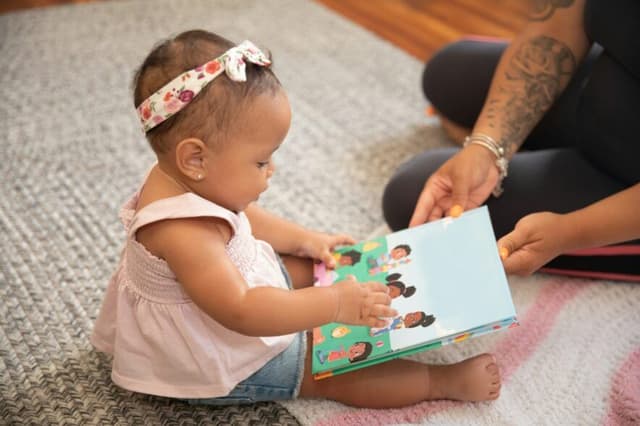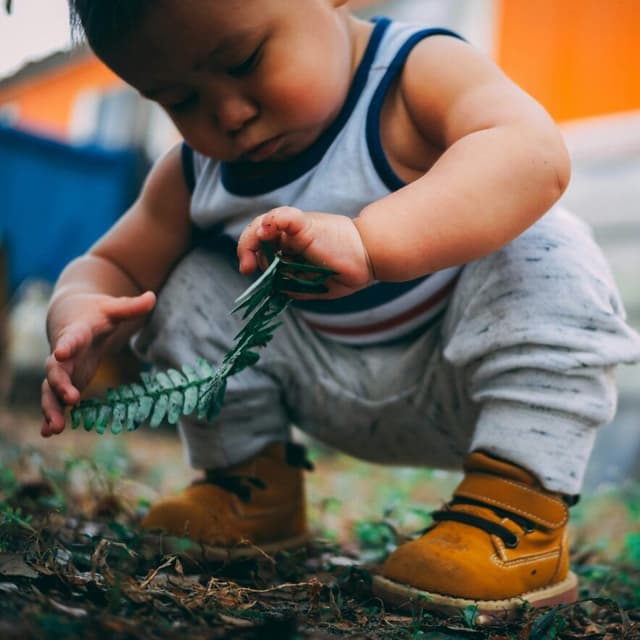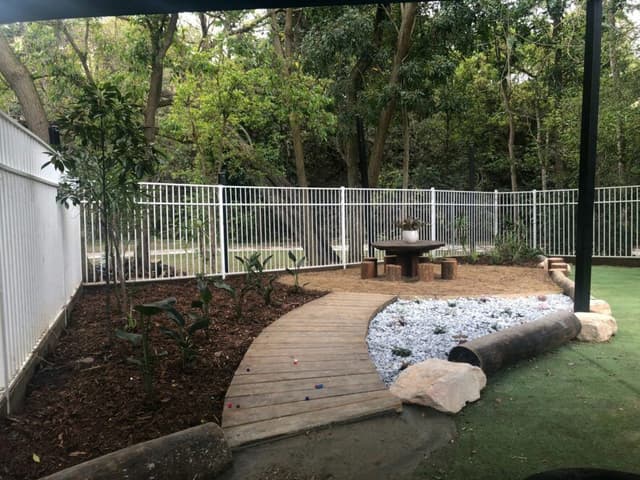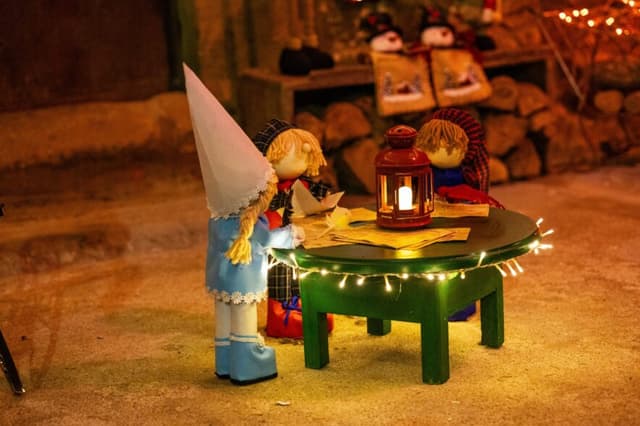COVID-19
UOW expert shares COVID thoughts on children’s vulnerability

Freya Lucas
Apr 02, 2020
Save
The “double whammy” of a summer of catastrophic fires coupled with the rapid spread of COVID-19 around the world has left many children with emotions which are confusing and frightening, at a time where they are still developing language skills, leaving them in a precarious position of being unable to process and express the reality of their world.
As Academic Director of The Early Years program and Director of Pedagogical Leadership for Early Start, Associate Professor Cathrine Neilsen-Hewett from the University of Wollongong (UOW) is highly qualified to offer deep insight into how young children react to stress, and what strategies can be put in place to help them.Speaking with UOW publication The Stand Associate Professor Neilsen-Hewett said that many of Australia’s children came out of the 2019/2020 summer with “a sense of heightened generalised fear that the world is a scary place” thanks to a period of prolonged exposure stress due to the bushfires. The advent of COVID-19, and the subsequent changes to everyday life associated with it “just reinforces that perception, which leads to a potential risk of cumulative stress that children are not yet equipped to manage.”
“This is an exceptionally vulnerable time for Australian children” she continued, noting that the signs of cumulative stress in children can manifest in many ways, especially behaviourally, with clinginess, temper tantrums, disrupted sleep patterns and limited attention spans all tell-tale signs that children may not be coping with what’s going on around them.
Regression - where children return to behaviours from a previous life stage, such as thumb sucking, bed wetting or previous speech - are common markers of a child who is experiencing stress and challenge.
Children’s play may also yield clues as to the issues they are working through in their thoughts, to outwardly demonstrate their inner world.
Associate Professor Neilsen-Hewett offered the following suggestions for those who work with, or care for children, to help children have the best possible outcomes from this unprecedented event:
Limit Exposure“First and foremost, particularly when we’re talking about young children, it’s vitally important to really limit their level of exposure. Children can be exposed in two ways. Either directly, where a family member might be sick, or vicariously through the media or by overhearing conversations amongst adults,” the Associate Professor said.
Taking breaks from the TV and radio, or limiting conversations with other adults to when children are not present is especially important at this time.
Scaffolding“Children take great comfort in the familiar, so creating a safe, stable and supportive environment is one of the best things you can do for children right now.”
The recommendation here is to limit the number of new things which are introduced to the child’s environment, and to “lean in” to established routines.
Building Capacity“One of the wonderful things about children is that they love learning and expanding their skills as they grow. Teaching children how to protect themselves and their friends is a positive and practical step you can do right now, especially around health-related behaviour.”
Finally, Associate Professor Neilsen-Hewett shared, “this is also a good time to slow things down, as we normally live in such a hurried existence. It’s really about finding comfort in the pause and celebrating that for a moment. Which is an important life and developmental lesson for all children.”
To read the original coverage of this story, as produced by UOW’s The Stand please see here.
Don’t miss a thing
Related Articles











